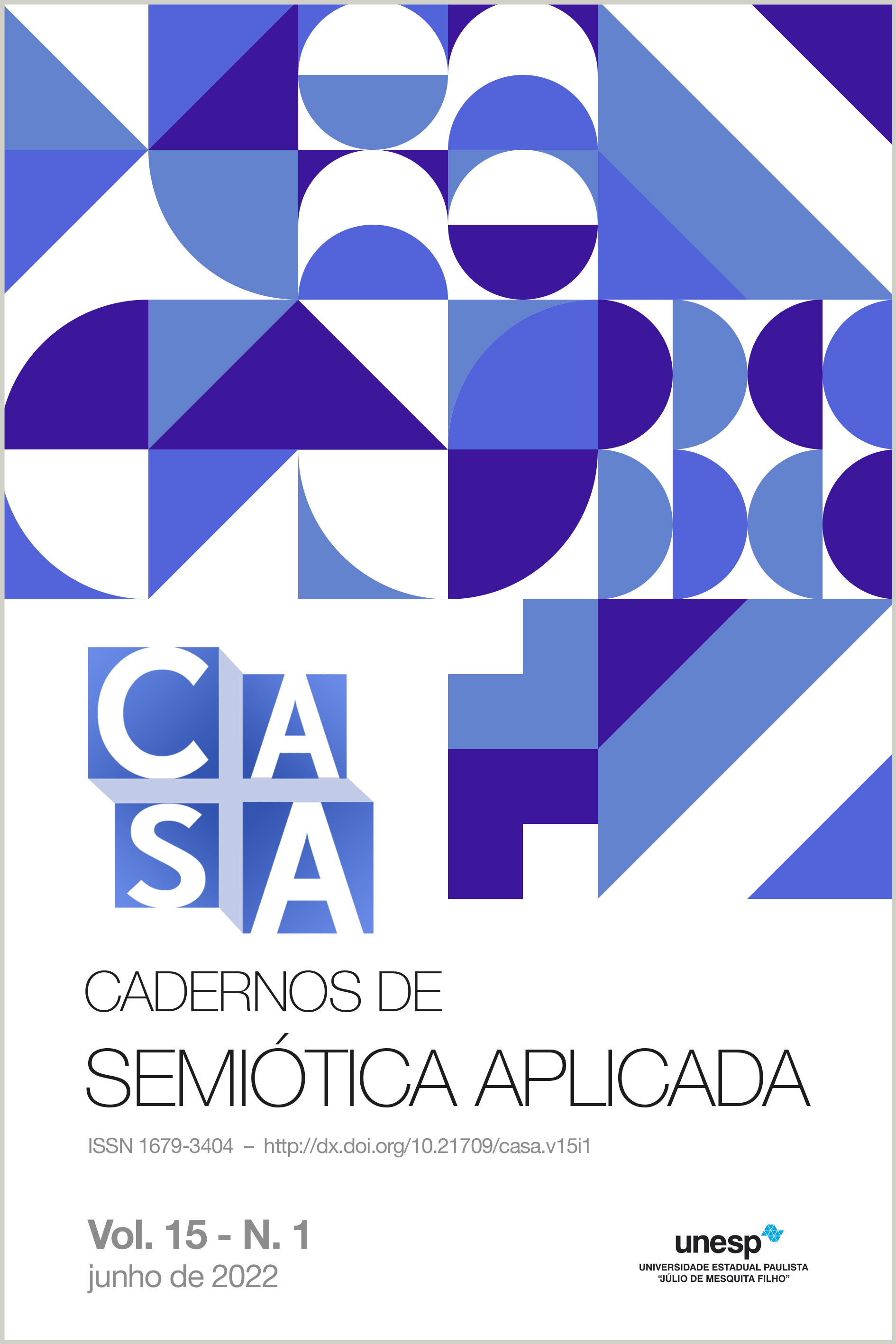AUTORITARISMO, CONVICÇÃO E SERIEDADE: ANÁLISE DO ÉTHOS DO DISCURSO DE AUTOAJUDA PARA A TERCEIRA IDADE
AUTHORITY, CONVICTION, SERIOUSNESS: ANALYSIS OF THE ETHOS OF SELF-HELP DISCOURSE FOR THE ELDERLY
DOI:
https://doi.org/10.21709/casa.v15i1.10210Keywords:
discurso de autoajuda, terceira idade, ethos.Abstract
In this work, based on French Discourse Analysis, we investigate the ethos of self-help discourse for the elderly. The ethos is basically the image that the enunciator projects from himself in his own discourse. For this investigation, based on functionalist studies, especially the classification of the modality proposed by Hengeveld (2004), we analyze the lexical expression of the modality in this discourse, which is due to the fact that the modality is a form of expression of the subjectivity of the enunciator. We also considered other textual aspects, such as themes and lexicon used, in order to identify the tones present in this discourse. The analysis reveals that an authoritarian tone and a serious tone predominate in self-help discourse for the elderly. Given this result, we find that this discourse has a few characteristics that differentiate it considerably from the conventional self-help discourse, which deals with professional and financial success. Among these differences is the fact that it is a much less optimistic discourse.
Keywords: Self-help discourse. Elderly. Ethos. Modality. Tone.
Downloads
Published
Issue
Section
License
Copyright (c) 2022 CASA: Cadernos de Semiótica Aplicada

This work is licensed under a Creative Commons Attribution-NonCommercial-NoDerivatives 4.0 International License.
The authors of the approved papers agree to grant non-exclusive publication rights to CASA. Thus, authors are free to make their texts available in other media, provided that they mention that the texts were first published in CASA: Cadernos de Semiótica Aplicada. Besides, they authorize the Journal to reproduce their submission in indexers, repositories, and such. Authors are not allowed to publish the translation of the published paper to another language without the written approval of the Executive Editors. The authors are totally responsible for the content of the published work.

